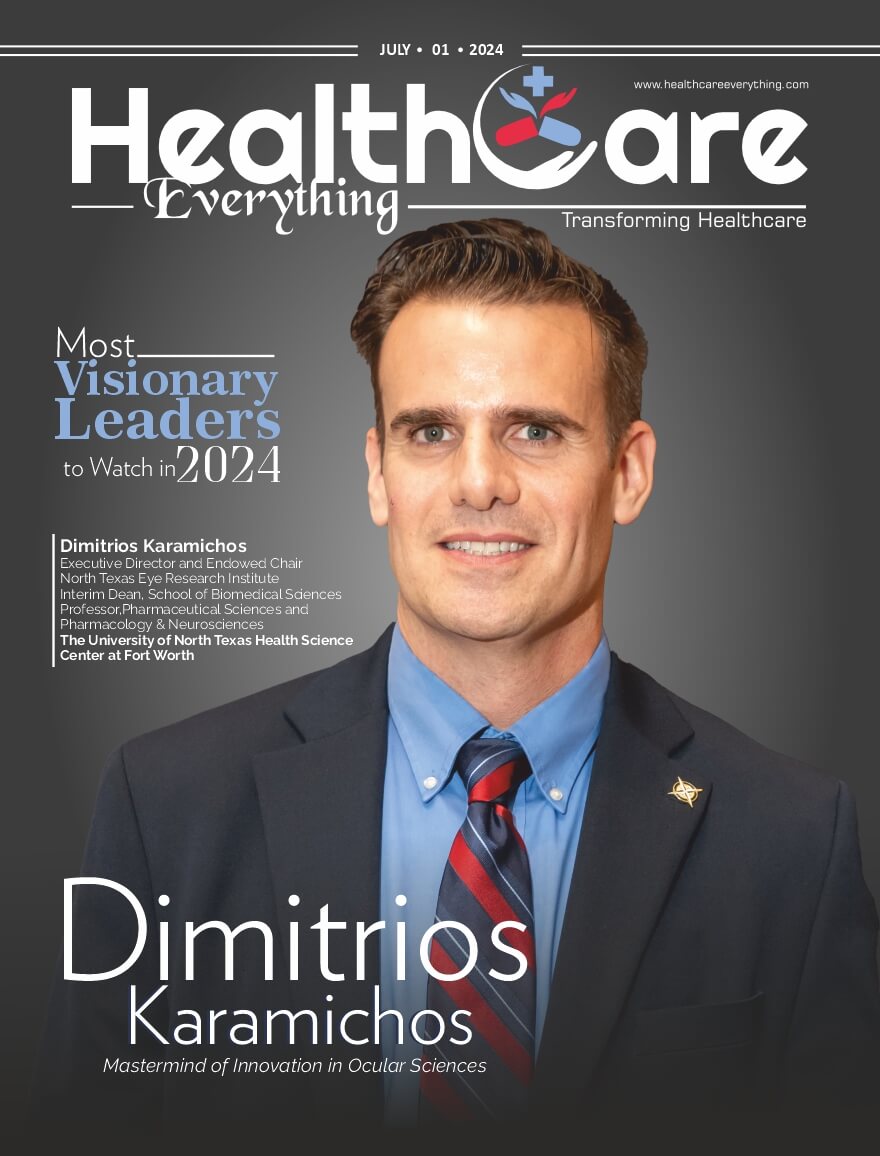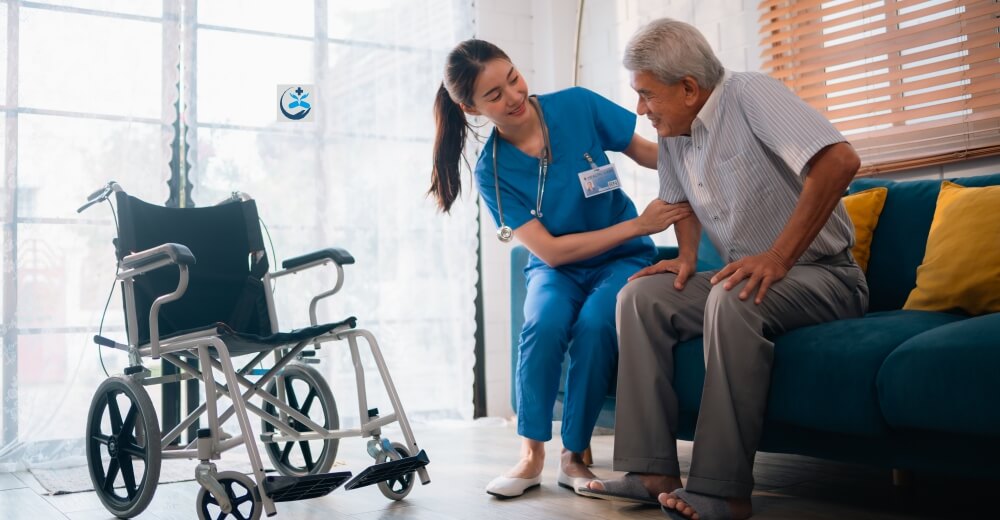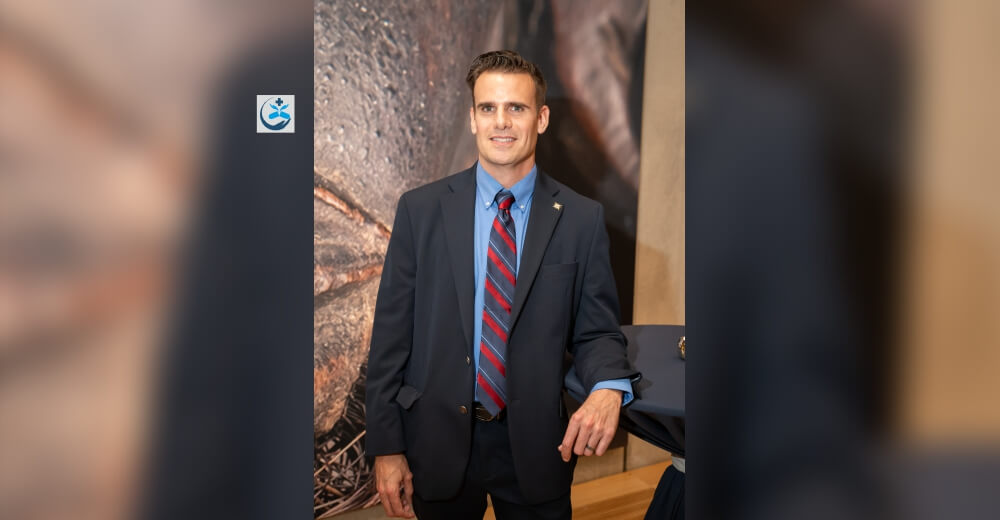Over one-third of individuals suffer from pre-diabetes, marked by abnormal blood sugar levels that have not yet reached the diabetic threshold. This condition is linked to notable rises in eye, kidney, and neuropathic disorders, as well as an elevated risk of cardiovascular mortality. Furthermore, projections indicate that the prevalence of pre-diabetes will double by 2030, with minority groups such as Hispanics experiencing a disproportionately higher incidence. Pre-diabetes and diabetes are recognized as global epidemics.
Due to its frequent underdiagnosis and inadequate treatment, Carolina Solis-Herrera, MD, a physician-scientist and associate professor, serving as chief of endocrinology at The University of Texas Health Science Center at San Antonio (UT Health San Antonio), has been granted a groundbreaking $1.2 million award from the Baptist Health Foundation of San Antonio. This funding aims to pioneer early intervention strategies for pre-diabetes, addressing a significant gap in community healthcare services.
The objective is to develop innovative and cost-effective treatment plans for early intervention and management of pre-diabetes and obesity, particularly focusing on the Hispanic demographic. These strategies aim to establish pre-diabetes clinics and halt the advancement of diabetes, ultimately benefiting our community at large.
Carolina Solis-Herrera, MD, a physician-scientist, associate professor, and head of endocrinology at The University of Texas Health Science Center at San Antonio, stated, “Moreover, leveraging advanced imaging and molecular technology, our goal is to pinpoint new therapeutic avenues for addressing these conditions as we strive towards finding a cure.”
Cody Knowlton, president and CEO of the Baptist Health Foundation of San Antonio, expressed, “We are privileged and enthusiastic to participate in Dr. Solis-Herrera’s research. Diabetes poses a significant challenge for numerous individuals within our community, and we hope that this study will yield tangible and meaningful outcomes that enhance the overall health of our community.”
Read More: Click Here







